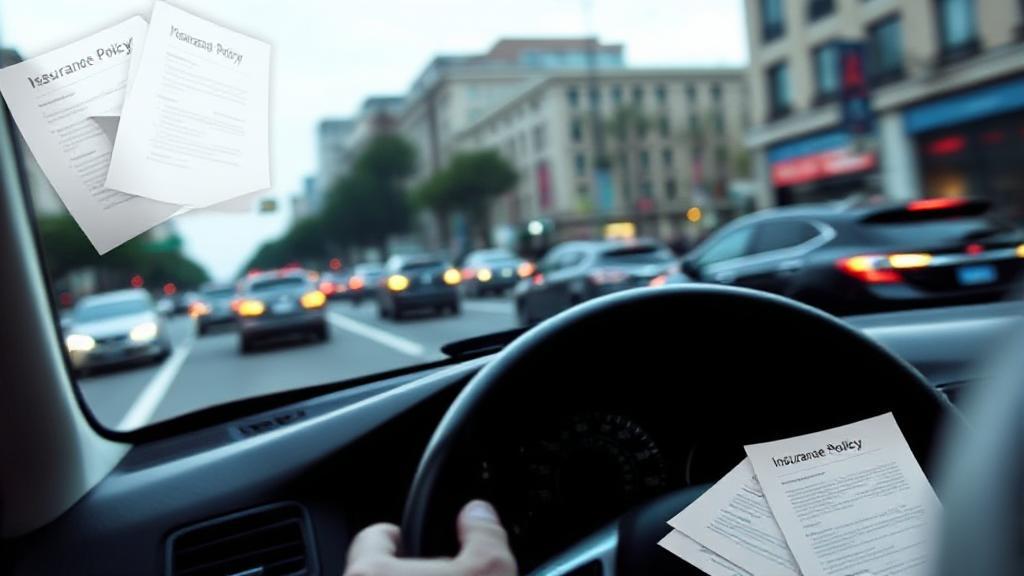Understanding Collision Insurance
Collision insurance is a type of auto insurance coverage that helps pay for the repair or replacement of your vehicle if it's damaged in an accident, regardless of who is at fault. This coverage is particularly beneficial if you are involved in a collision with another vehicle or object, such as a tree or guardrail.
What's Covered and What's Not
Covered:
- Accidents with other vehicles
- Single-car accidents (hitting objects like fences or poles)
- Rollovers
- Vehicle repair or replacement costs
Not Covered:
- Medical expenses
- Damage to another person's vehicle
- Non-collision-related damage (theft, vandalism, natural disasters)
Key Factors to Consider
Vehicle Value
The value of your car plays a crucial role in determining whether collision coverage makes financial sense:
- New vehicles typically warrant collision coverage due to their high replacement cost
- Cars worth less than $4,000 might not justify the expense
- Use resources like Kelley Blue Book to determine your vehicle's current value
Cost vs. Benefit Analysis
Consider these financial aspects:
- Annual premium cost
- Deductible amount
- Potential out-of-pocket expenses without coverage
- Your savings and ability to replace the vehicle
Risk Assessment
"The higher your risk of having an accident, the more valuable collision coverage becomes." - Consumer Reports
Consider these risk factors:
- Your driving history
- Local accident rates
- Weather conditions in your area
- Annual mileage
- Parking situation (street vs. garage)
When Collision Insurance Makes Sense
High-Value Vehicles
If you own a newer or luxury vehicle, collision coverage is typically worth the investment. The potential repair or replacement costs could be financially devastating without insurance.
Financed Vehicles
Most lenders require collision coverage until the loan is paid off. This protects their investment in case of an accident.
Limited Savings
If you don't have sufficient savings to replace your vehicle, collision coverage provides important financial protection.
Money-Saving Tips
If you decide to maintain collision coverage, consider these strategies to reduce costs:
- Increase your deductible
- Bundle with other insurance policies
- Maintain a good driving record
- Ask about available discounts
- Shop around for quotes annually
Making the Final Decision
Use this simple formula to help decide:
If your car's value exceeds this amount, collision coverage is worth considering.
Additional Considerations
State Requirements
While collision insurance isn't mandatory in any state, check your local regulations at the Department of Motor Vehicles website for other required coverage types.
Claims History
Keep in mind that filing collision claims may increase your future premiums. Consider this when deciding whether to maintain this coverage or handle minor repairs out-of-pocket.
For more detailed guidance, visit the Insurance Information Institute or consult with an insurance professional.
